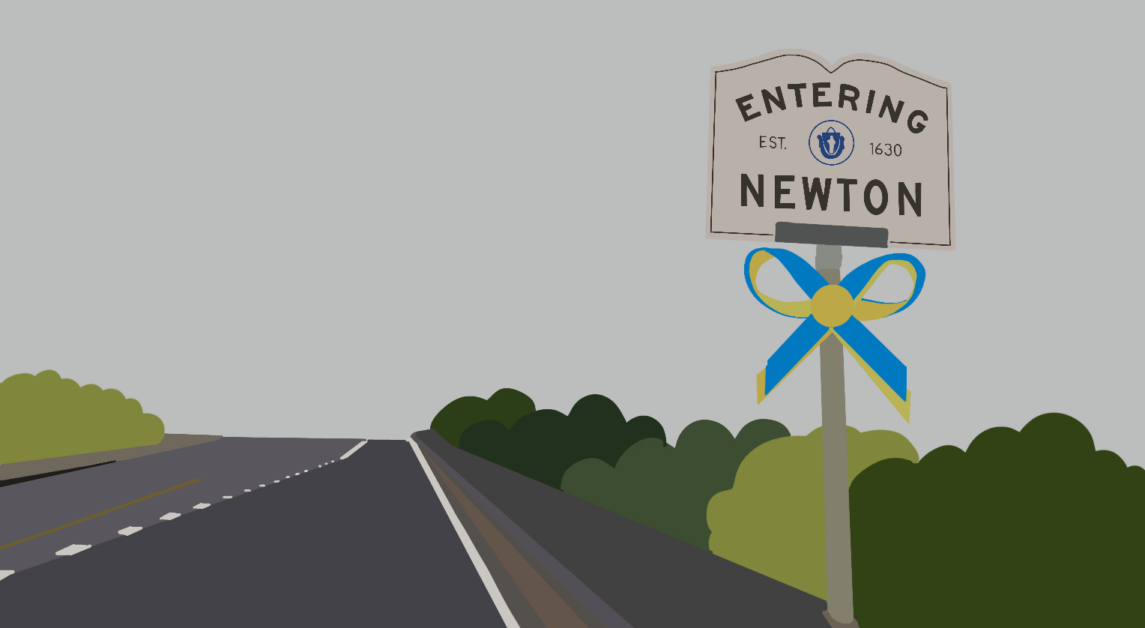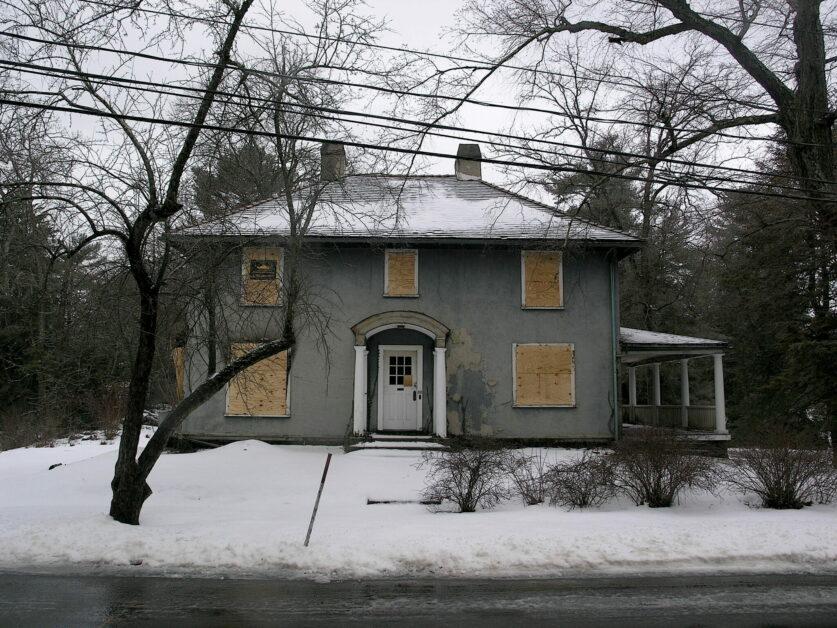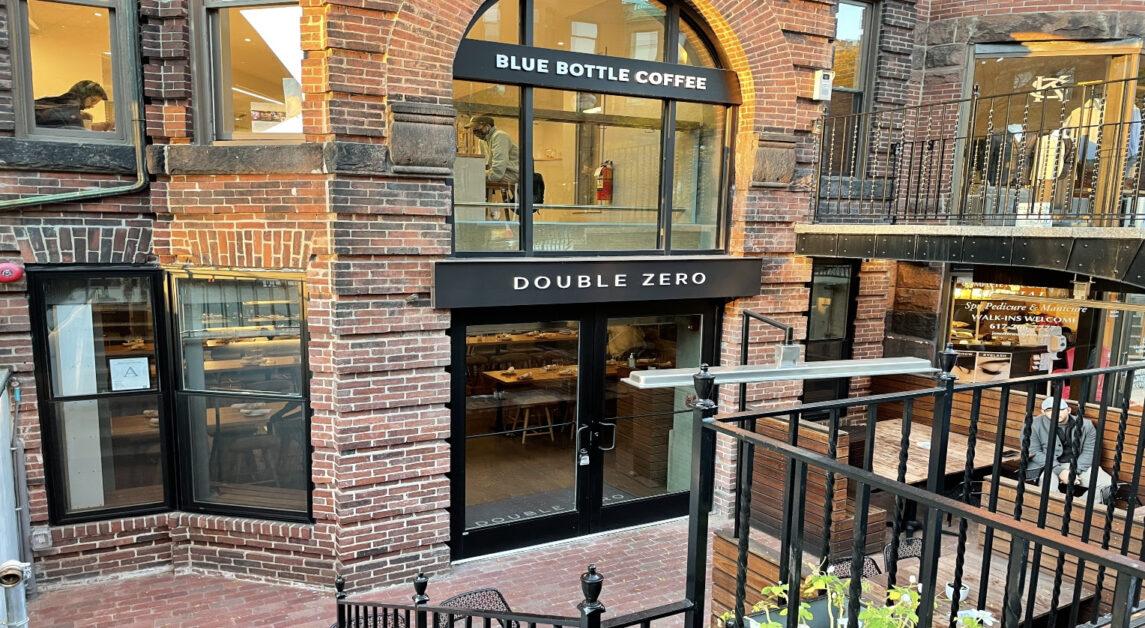The Boston City Council announced its support for a bill which would protect primarily black women and girls from discrimination regarding their natural hair at the Boston City Council meeting on Oct. 2. Councilor Lydia Edwards spoke in support of this bill, which came after both California and New York passed similar legislation.
In June of 2019, California became the first state to pass legislation that banned discrimination against natural hairstyles. The state created the CROWN Act—”Create a Respectful and Open Workplace for Natural Hair.”
Following California, New York also passed the CROWN Act in July of 2019. This bill amends the definition of race to include hair texture and style, so that any discrimination based on hair texture will be considered racial discrimination. Cincinnati is also considering similar legislation, and is discussing the matter on Oct. 9.
Edwards said she discovered this legislation after working as a panelist where she discussed the regulation of girls’ bodies.
“Through this research I realized the amount of over regulation of natural hair that disproportionately impacts black girls,” Edwards said. “These regulations prevent them from going to school and has increased the amount of times they are expelled.”
Edwards said this information was particularly shocking to her because she has natural hair, and based on the way that the regulation was written, she could have been prevented from attending or teaching at some institutions.
“These regulations were a slap in the face [because] they tell you the way your hair is growing is so offensive that you shouldn’t be able to grow it that way,” the councilor said.
The councilor also cited her own personal experience in accepting her natural hair, adding that these regulations directly affect young black girls who become insecure about their natural hair.
“When you go to school and try to get an education, you are looking at policies that tell you your hair is disgusting,” Edwards said.
Furthermore, Edwards stated that this bill had less to do with self-expression, and more to do with young black girls’ abilities to attend school with the hair they were born with.
The councilor also cited a recent example in Malden in which two girls went to school with braids in their hair and were told to go home. One of the girls was also told that she could not come back until she got her hair straightened.
“We’re not talking about 20 or 50 years ago,” Edwards said. “We’re talking about the last two to three years that this has been allowed.”
Finally, Edwards stated that she planned to do her due diligence on the Boston Public School system’s dress and hair code specifically, and planned to research if there were any ongoing discriminatory practices regarding natural hair styles.
She also called on those in the state house to sign their name to make sure the legislation gets passed. After Edwards, councilor Kim Janey also spoke, saying she supported the bill wholeheartedly. She furthered that one’s hair style should not preclude them from being able to work or learn.
“This is about letting young black girls learn,” Janey said. “We should not be trying to mandate how people’s hair grows out of their head.”
Featured Image by Jonathan Ye / Heights Editor












